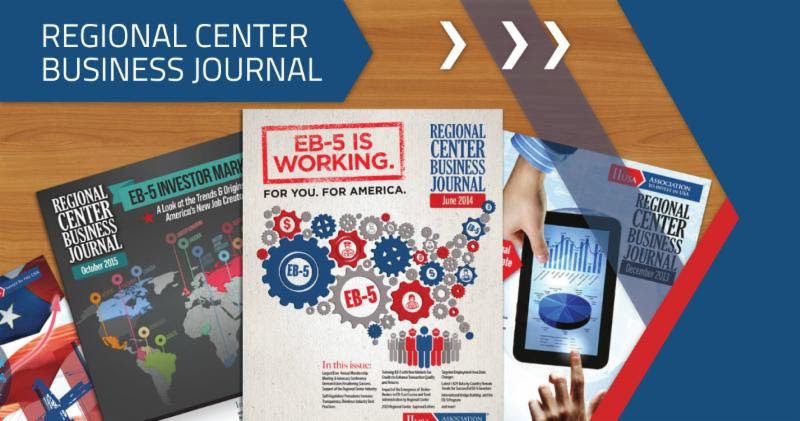
by Catherine D. Holmes, Partner & Chair, Capital Investment Law Group, Jeffer Mangles Butler & Mitchell LLP
Article originally published in the Fall 2020 IIUSA Regional Center Business Journal
All real estate development projects are subject to risks that the developer or project owner will not complete a project or will not meet operating projections, but the Covid-19 pandemic has substantially increased the number of real estate development projects and operating real estate businesses that are now experiencing severe financial distress. In particular, many hotels, restaurants and retail operations throughout the United States have been forced to radically reduce their operations since March 2020, or to close completely. In addition, a number of residential condominiums, multifamily rental and mixed-use real estate development projects have experienced delays in financing and construction, or delays of sales or rental of residential units in projects that have been completed. Among the many real estate related businesses affected by these conditions are projects funded with EB-5 financing (referred to here as “EB-5 Projects”).
The issues faced by new commercial enterprises (“NCEs”) with loans to or equity investments in EB-5 Projects that are in default are particularly challenging for two reasons. First, most NCE loans or equity investments on EB-5 Projects are subordinated to senior creditors, which require an analysis of what legal remedies are available to an NCE under all of the financing documents to which the NCE is a party, including agreements with the owner of the EB-5 Project (the “EB-5 Project Owner”) and agreements with the senior lenders. Second, an NCE must analyze the effect of any action it may take that might negatively impact the eligibility of its investors (“EB-5 Investors”) for permanent residence under the EB-5 program. An NCE confronted with the problem of a defaulting EB-5 Project Owner must determine what remedies are available to the NCE and what the effects on the NCE and the EB-5 Investors will be if a senior lender exercises its remedies against the EB-5 Project Owner.
This article summarizes the types of remedies available to an NCE in the event of a default by an EB-5 Project Owner on a loan or equity investment made by an NCE, the effect of foreclosure actions taken by senior lenders on EB-5 Projects, and the immigration issues that will arise in connection with a potential foreclosure or sale of an EB-5 Project in distress. Based upon the analysis of those issues, this article suggests a protocol for NCEs to use in analyzing potential remedies and outcomes to preserve as best as possible the visa eligibility and financial investment of its EB-5 Investors.
A. Legal remedies available to an NCE depending upon type of investment.
The remedies available to an NCE upon a default by the EB-5 Project Owner will be primarily determined by the terms of the EB-5 financing documents. Different remedies will apply depending upon whether the EB-5 investment is: (a) a loan secured by a senior mortgage on the EB-5 Project, (b) a loan secured by a junior mortgage on the EB-5 Project, (c) a loan secured by a pledge of membership interests in the EB-5 Project Owner; (d) an unsecured loan; or (e) an equity investment in the EB-5 Project Owner. The remedies available for each type of EB-5 financing are summarized below…







